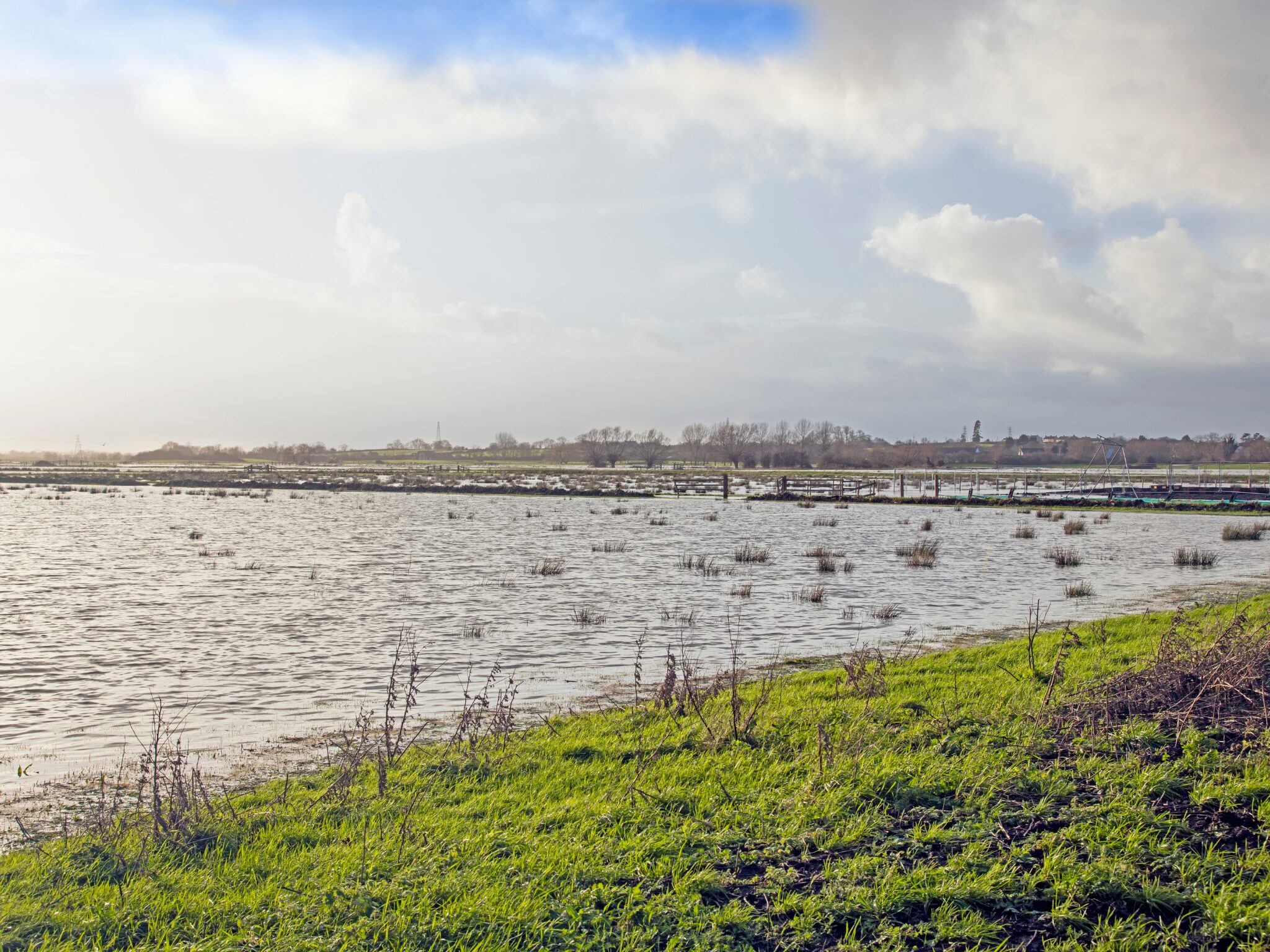Industry Execs & UK Government Form ‘Resilience Group’ to Discuss Climate Risks to Food Supply
4 Mins Read
In the UK, food industry heads and the government have agreed to meet for a series of discussions about the impact of the climate crisis on the food supply chain.
As the climate crisis threatens crops, farmers and the food supply, a public-private partnership in the UK is hoping to tackle the effects of global heating with measures that would safeguard the industry.
The UK’s Department of Environmental, Food and Rural Affairs (Defra) and the Food and Drink Sector Council – an industry group focused on sustainability, supply chain resilience and the future of food – have established a new ‘resilience group’ after identifying risks to the food system as one of the UK’s key threats, according to the Grocer.
The group is being chaired by Nigel Murray, managing director of British retailer Booths, and will include supermarket leaders, major suppliers, and agriculture and hospitality experts. They will be part of a series of discussions with the government to figure out how to address climate change’s effect on the food system.
Helping the UK meet its climate adaptation goals

The roundtable would provide stakeholders with a forum to recommend interventions to help the food industry navigate the ecological crisis, according to the government, which said it was now searching for industry leaders to sit on the group next to Murray.
The group’s agenda will be to tackle medium- to long-term threats to the supply chain and identify common issues in the agrifood supply chain, with the aim of finding solutions for different sectors to adapt to climate change events, as well as structural and geopolitical risks.
“Food supply resilience is one of the industry and government’s key areas of focus,” said a spokesperson for Defra, who added that the group would help “assess, manage and communicate risk in the mid to long-term”.
The roundtable will come up with recommendations for the industry to help the government meet its commitments from the third National Adaptation Programme (NAP3). The current version of the strategy runs from 2023-28, and its initiatives include protecting the natural environment, supporting businesses with climate change adaptation, adapting infrastructure, protecting buildings and their surroundings, safeguarding public health and commodities, and mitigating international impacts on the UK (such as food imports, which make up 46% of its supply).
The move came ahead of prime minister Rishi Sunak’s Farm to Fork Summit, which was held yesterday at Downing Street, convening different supply chain actors to protect the food system. Here, the UK pledged to double its funding for the fruit and vegetable sector to reduce reliance on imports.
Alternative proteins a viable opportunity as farmers consider quitting

The climate resilience group was announced after a major report by the Institute of Grocery Distribution (IGD) in March, which noted that addressing threats to the resilience of the supply chain was the most urgent action needed to conserve the food industry. Climate change, water shortages and biodiversity loss were among a number of essential challenges.
“We welcome the Food and Drink Sector Council’s intention to address the topic of resilience, and are keen that any conversations are converted into clear actions for the industry,” said IGD CEO Sarah Bradbury. “In order to feed the nation and work efficiently, the whole supply chain must work collaboratively to become more resilient.”
She added: “UK food and consumer goods constitutes the UK’s largest private sector employer. We have a responsibility to continue empowering communities locally and nationally by attracting talent and feeding economies. Part of the collaboration needed to increase resilience is shared data and intelligence along the supply chain.
“The FDSC Resilience Group/Roundtable will be one of the forums used to further this spirit of collaboration. However, we are concerned that conversations are converted to positive action, and we are ready, as an organisation to drive this with our stakeholders and the wider sector.”
The establishment of the climate change roundtable comes after growing reports of farmer distress in the UK. The National Farmers’ Union said there has been a “collapse of confidence” among farmers, who are expecting reduced production next year and blame extreme wet weather and the phasing out of subsidies post-Brexit. Their confidence is actually at its lowest in 14 years
In fact, the record amount of rain in the UK has left the industry “on the brink”, according to the Agriculture and Horticulture Development Board. It has left many considering quitting the profession altogether. “A lot of farmers are really considering their options, and thinking about walking away from their farms, as they could make far more money doing something else,” Helen Browning, CEO of the Soil Association, told the Guardian.
And earlier this week, a report by the Green Alliance showed that the UK could increase its self-sufficiency by a third if it moved to alternative protein sources, such as plant-based, cultivated and fermentation-derived foods. This would also give farms more space to adapt to climate change and help the country meet its biodiversity restoration targets. Additionally, government payouts to farmers for these environmental moves could prove to be a reliable income source as part of a more diversified business model.




